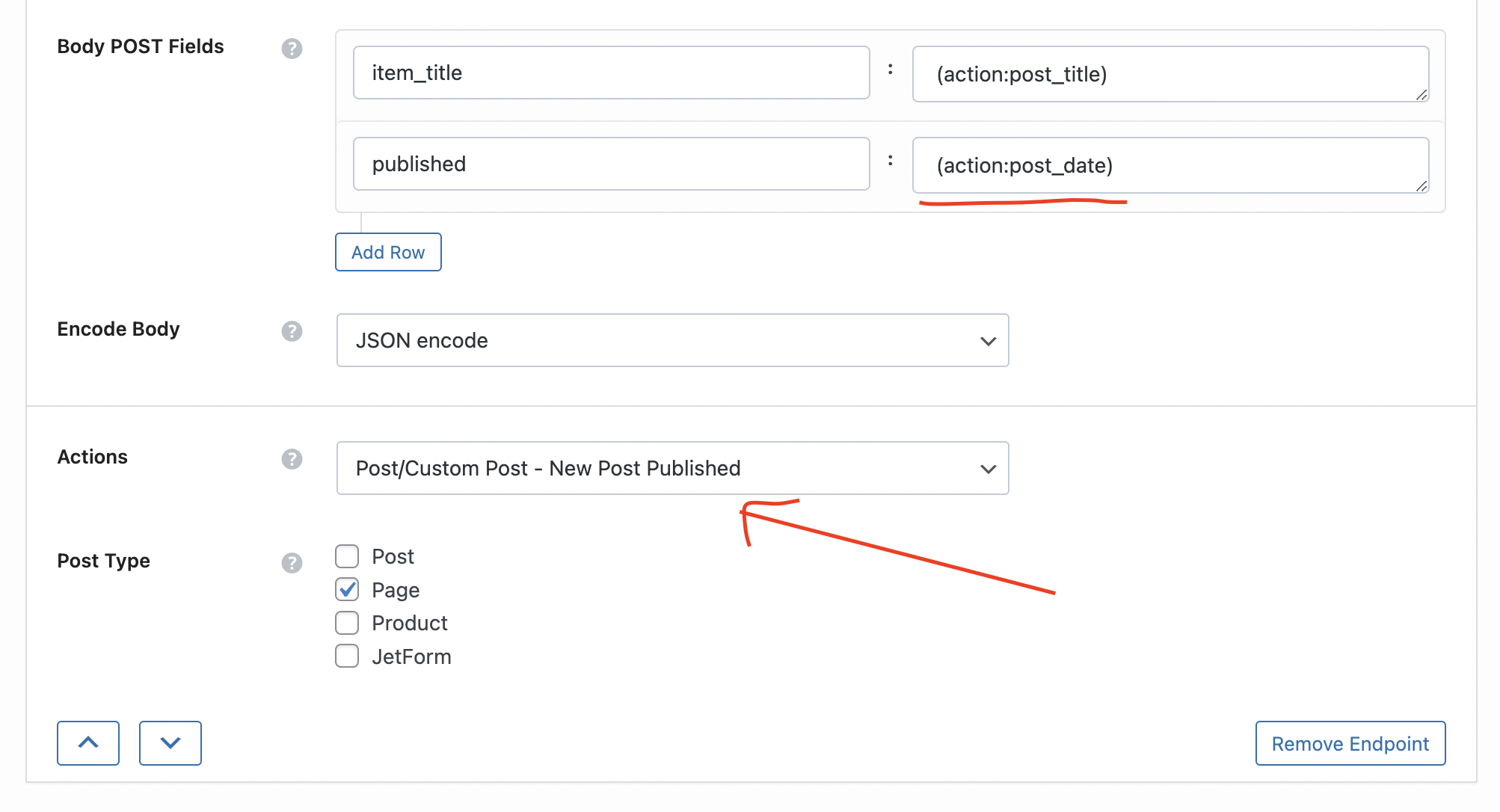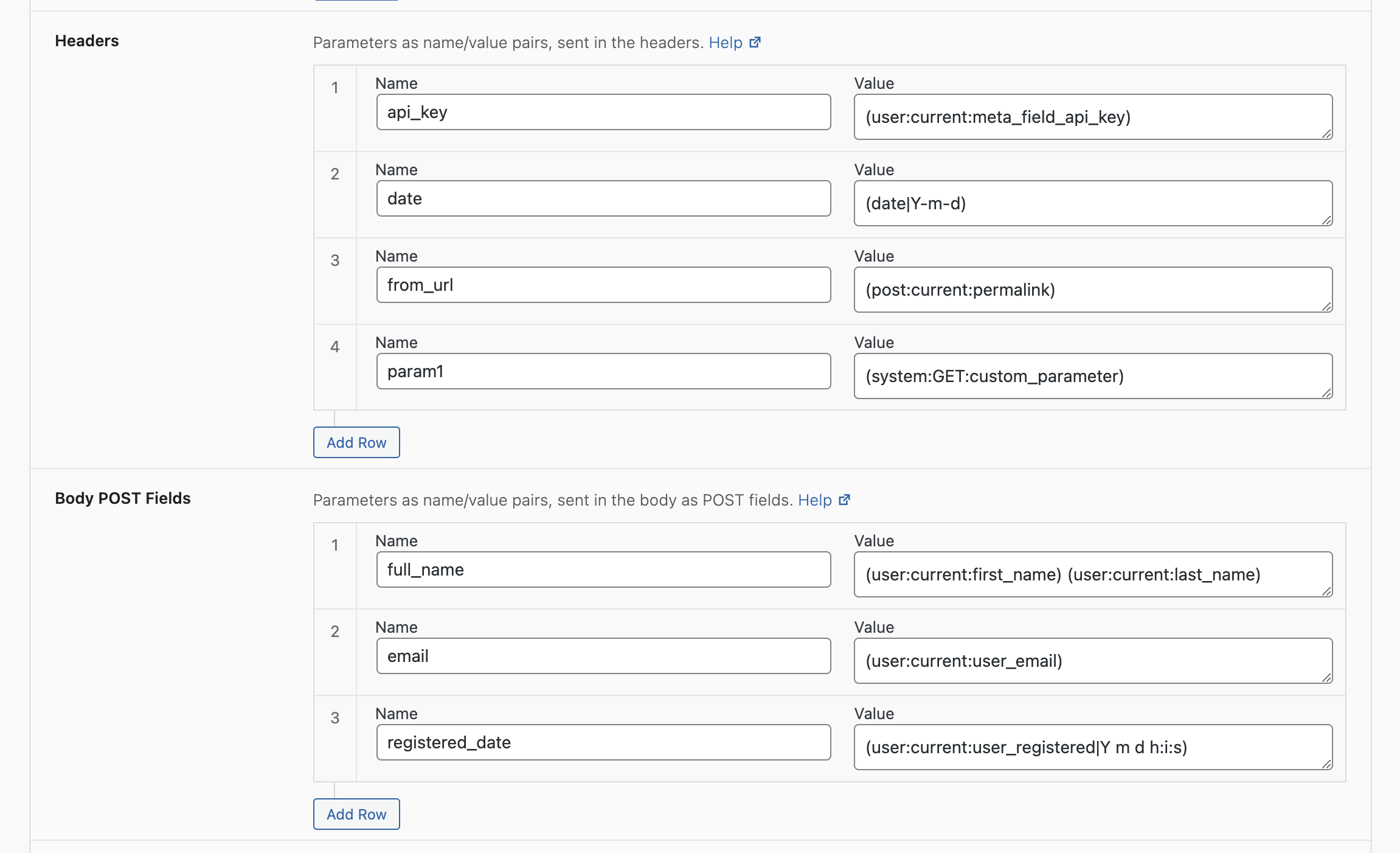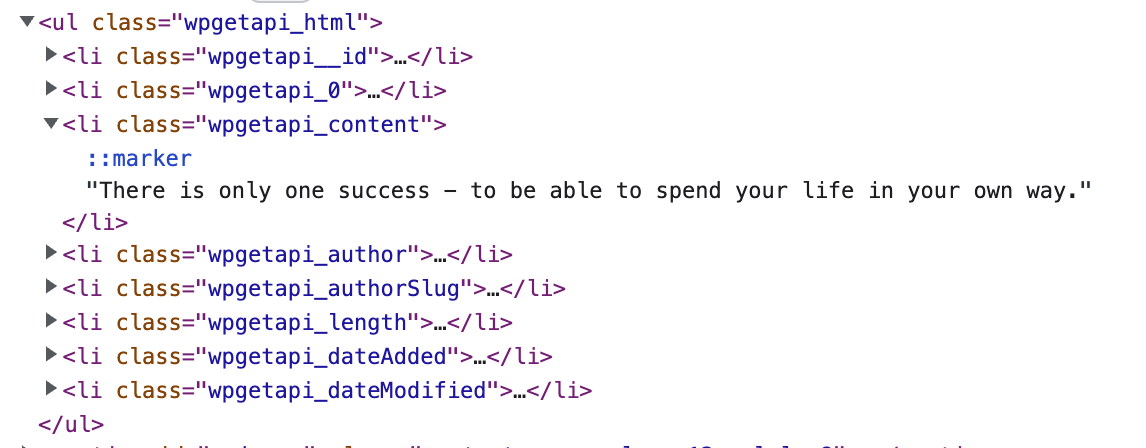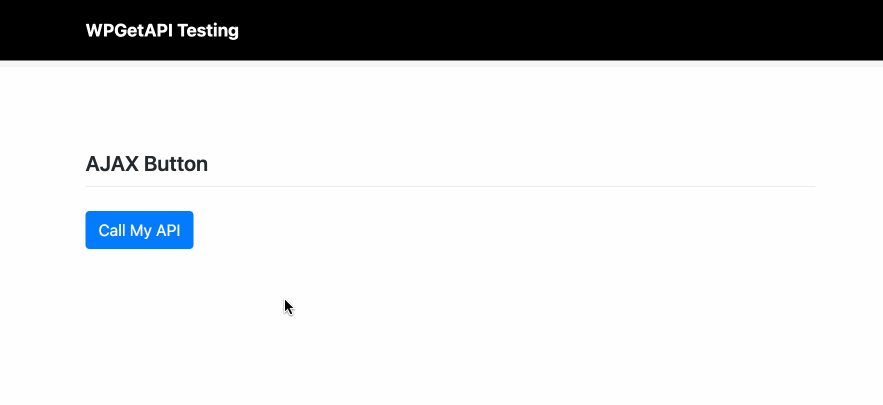The most powerful WordPress API plugin available
Automate your API calls with Actions, format data as HTML or tables, chain multiple API calls together, caching, send form data to your API, send WooCommerce orders, send logged-in user info to your API and so much more.
No code and no expensive developers.
See it in action
Check out how easy it is to create WooCommerce products.
Trusted by thousands of businesses like yours
Over 5,000 websites & businesses use our plugins to do amazing things with APIs. Our plugins and our amazing support is like having an API developer in your back pocket. You get all the tools you need to streamline your API integrations plus premium access to our amazing support team who will help you every step of the way.
Built-in Integrations












Automate your API with Actions
Setup your endpoint and select an Action so that your API is called anytime this action runs. You can then send any piece of data related to this action to your API, without writing a single line of code.
You can use Actions to call your API when:
- A new user registers, logs in or is deleted
- A new post (or custom post type) is created, deleted or changes status
- A WooCommerce product or order is created or changes status
- A form is submitted using Gravity Forms, Contact Form 7, WPForms, JetFormBuilder & more
- A user purchases using Paid Memberships Pro or Easy Digital Downloads
Send any piece of data using Tokens
Tokens open up a world of possibilities for your API connections, with zero code of course!
- A user fills out a form on your website – send the form data to your API with Tokens.
- A user registers on your site – send their details to your API with Tokens.
- You’ve made a WooCommerce sale – send the order data to any API with Tokens.
- Get stock levels for products – send SKU to your API with a Token and get the stock back.
Tokens provide functionality to your API connections that would take hours and hours for a developer to implement in code.


Cache API calls
Caching your API calls can improve website performance as well as avoid being charged extra $$ for going over API call limits.
When caching is activated, instead of calling the API every time the page loads, the first visitor’s call to the API will save the API data within your website. Subsequent visitors then access this saved data, avoiding multiple API calls and improving speed.
API call limits can result in data disruption or extra fees. Caching helps manage these limits by letting you set the interval, determining the maximum daily API calls. For instance, setting the interval to 3600 seconds (1 hour) results in a maximum of 24 daily calls to the endpoint, making it simple to stay within the API’s limits.
Format API data as HTML
The output of your API data can be formatted into HTML by simply adding the format='html' attribute to your shortcode.
This will wrap the entire API output in a div and also wrap individual API items in div, li or span tags (your choice). It also handles nested API data and can also automatically output the API keys as labels.
You can then easily style your new HTML any way you like with CSS. Works with JSON and XML APIs.


Call your API using an AJAX button
By simply adding the AJAX attribute to your endpoint shortcode, a button will be embedded on your page and once clicked, will call your API and return the results to the page.
The button and its behaviour is customisable through shortcode attributes allowing you to hide the button after clicking, change the text of the button and add a spinner.
The returned output is also compatible with the format=”html” attribute so that your output can be easily styled.
Do amazing things with APIs
bolt
Actions
Automate your APIs by using Actions that run when a user registers, a new post is created, a form is submitted, a user logs in, a WooCommerce order is placed and more.
token
Tokens
Grab bits of data from your WordPress website (without code) such as form submissions, user data, WooCommerce data and more to then easily send to your API.
html
Format as HTML
Add format=”html” to your shortcode which will automatically format your API data as HTML, which can then be styled any way you like with CSS.
sync_alt
Dynamic Variables
Dynamic variables allow you to capture and send form data to your API (this requires small PHP code snippets).
save
Caching
Caching your API calls will help the speed of the webpage that you are displaying your API on.
fingerprint
Base64 Encoding & HMAC
Provides simple methods to set a base64 encoded Authorization header or a HMAC signature.
compare_arrows
Chain API calls
Chain calls using shortcode attributes. Gather data from one API call and use that in subsequent call.
segment
Nested Data
Selectively display whichever data you like from your API. Simply add keys=”key1,key2″ and so on to your shortcode. Works with nested, multidimensional data.
smart_button
Send with AJAX
Automatically output a customizable button that will call your API when it is clicked.







